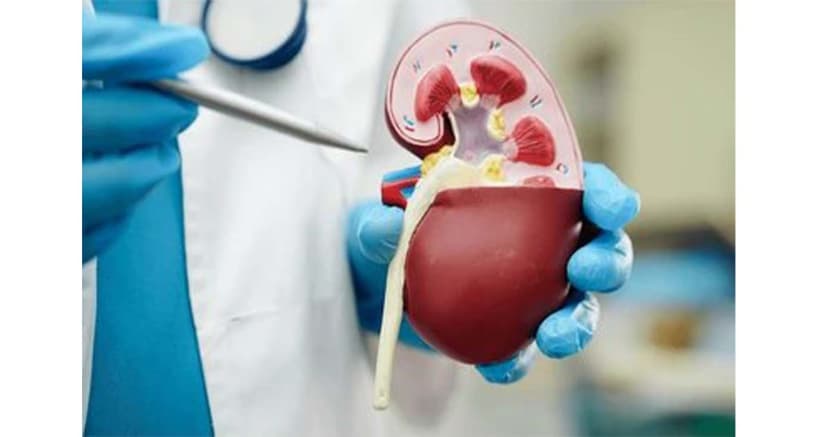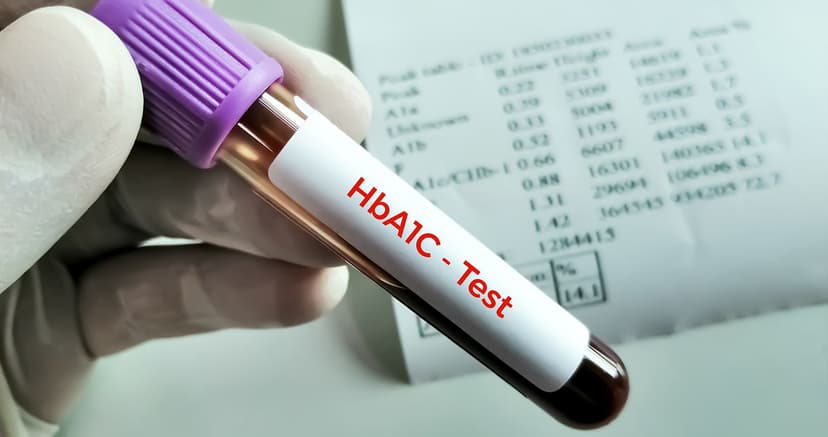Emerging Therapies for Heart Failure: A Look at the Latest Breakthroughs
By:
Apex Hospitals
03-01-2024 5 Min Read

Heart failure, a complex condition affecting millions globally, continues to challenge the realm of cardiovascular medicine. However, amidst these challenges, the field is witnessing remarkable strides in emerging therapies that promise to redefine how we approach and manage heart failure. In this comprehensive blog, we'll delve into the latest breakthroughs, shedding light on the innovative approaches that offer hope for patients grappling with this debilitating condition.
Understanding Heart Failure:
Before exploring cutting-edge therapies, let's briefly revisit what heart failure entails. The term "heart failure" might imply a complete cessation of heart function, but in reality, it signifies a condition where the heart is not pumping as effectively as it should. Heart failure, often referred to as HF, occurs when the heart muscle is unable to pump blood adequately. This inefficiency leads to blood backing up and fluid accumulation in the lungs, resulting in symptoms such as shortness of breath.
Various heart conditions can contribute to the gradual weakening or stiffening of the heart, impeding its ability to fill and pump blood efficiently. Such conditions include narrowed arteries in the heart and high blood pressure. As the heart's pumping capacity diminishes, it gives rise to the phenomenon known as heart failure.
Current Treatment Landscape
Traditional approaches to heart failure management involve medications, lifestyle modifications, and, in severe cases, surgical interventions like heart transplants or the implantation of mechanical devices. While these interventions have proven effective to some extent, the quest for more targeted, innovative therapies persists.
The Rise of Emerging Therapies
1. Flow Therapy
Flow Therapy also recognized as EECP (Enhanced External Counter Pulsation), stands out as a highly regarded non-invasive treatment for heart conditions such as angina and symptoms associated with heart disease, including chest pain, shortness of breath, and fatigue.
Employing cutting-edge counter pulsation technology synchronized with the individual's heartbeat, EECP Flow Therapy sessions work to enhance the flow of oxygenated blood to the heart. By augmenting the volume and velocity of blood throughout the body, this treatment effectively mirrors the effects of physical exercise without imposing strain on the heart.
In essence, EECP Flow Therapy stimulates the development of new collateral blood vessels, improving circulation. This, in turn, reduces the severity of symptoms associated with heart conditions, ultimately allowing patients to reclaim their quality of life— all achieved without the need for surgery.
2. Gene Therapy
Gene therapy for heart failure is a revolutionary approach to treat or prevent heart failure by introducing therapeutic genes into the patient's cells. Using modified viral vectors as delivery vehicles, this therapy seeks to address underlying genetic abnormalities contributing to heart failure. The introduced genes may enhance cardiac function, regulate gene expression, or target specific pathways associated with the disease. While still in active research and clinical trial stages, gene therapy holds significant promise for offering personalized and targeted treatments, potentially transforming the landscape of heart failure management by addressing the root genetic causes of the condition.
3. Stem Cell Therapy
Stem cells possess the unique capability to transform into various cell types within the body. Through a process known as self-renewal, they can divide and generate more stem cells while also having the capacity to differentiate into specialized cell types like heart muscle cells or blood cells.
Using the potential of stem cells for regenerating damaged cardiac tissue is particularly promising due to their capacity for differentiation. In the context of heart diseases, stem cells hold the potential to transform into new heart muscle cells and blood vessels. This ability opens avenues for repairing and regenerating tissue damaged in conditions like heart failure. This innovative approach aims to replace or repair damaged heart cells, enhance blood vessel formation, and ultimately restore the heart's ability to pump effectively. While still an area of active research and clinical investigation, stem cell therapy holds promise as a potential breakthrough in addressing the structural and functional deficits associated with heart failure.
4. Precision Medicine
Precision medicine for heart failure represents a targeted and individualized approach to treatment, tailoring medical care based on each patient's unique genetic and molecular characteristics. By analyzing genetic information, biomarkers, and other factors, precision medicine aims to identify specific contributors to heart failure in an individual. This allows healthcare providers to prescribe treatments that are more likely to be effective and minimize adverse effects. The goal is to optimize therapeutic outcomes by addressing the specific mechanisms and factors contributing to an individual's heart failure, paving the way for more personalized and precise interventions in cardiac care.
5. RNA Therapeutics
RNA therapeutics for heart failure involve utilizing RNA molecules to modulate gene expression and regulate cellular functions to address underlying molecular abnormalities associated with heart failure. These molecules, including small interfering RNA (siRNA) or messenger RNA (mRNA), can be designed to target specific genes involved in the disease process. RNA therapeutics aim to correct or mitigate the molecular imbalances contributing to heart failure by precisely influencing gene activity. This innovative approach holds promise for developing more targeted and effective treatments, potentially revolutionizing the management of heart failure by addressing its molecular root causes.
6. Vagal Nerve Stimulation
Vagal nerve stimulation for heart failure involves the therapeutic modulation of the vagus nerve, a vital component of the autonomic nervous system. Applying electrical impulses to the vagus nerve aims to regulate heart function and improve outcomes in individuals with heart failure. The vagus nerve plays a crucial role in heart rate and other autonomic functions, and stimulating it can positively impact heart health. While still under investigation and refinement, vagal nerve stimulation holds promise as a potential therapy to enhance cardiac function and alleviate symptoms associated with heart failure.
Conclusion:
The landscape of heart failure management is profoundly transforming with these emerging therapies. While many of these approaches are still experimental, they offer a glimpse into a future where heart failure may be managed with greater precision and effectiveness. As researchers and clinicians continue to push the boundaries of cardiovascular medicine, the promise of improved outcomes and enhanced quality of life for individuals with heart failure shines brighter than ever before.
"Stay ahead in cardiac care! Book your appointment now to explore the latest breakthroughs in emerging therapies for heart failure. Secure your spot to discuss innovative treatments and personalized solutions. Your heart health matters – schedule your appointment today and embark on a journey towards advanced cardiac care!"
Related Articles
Connect with Us
Health in a Snap,
Just One App.
Know more




































































































